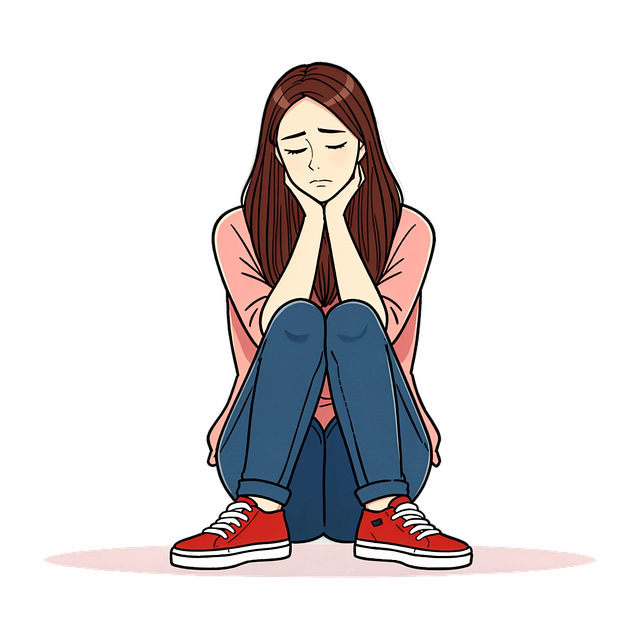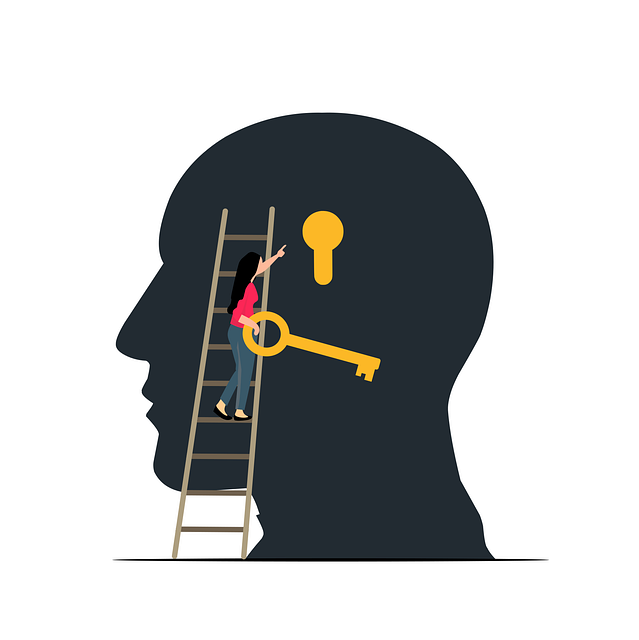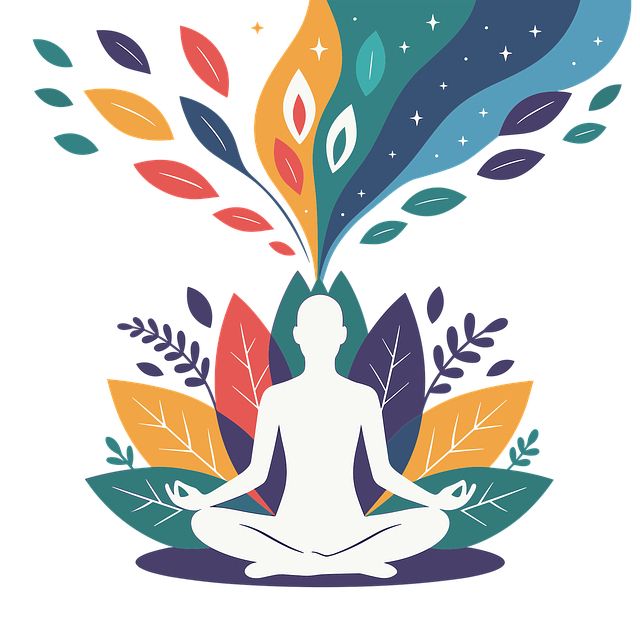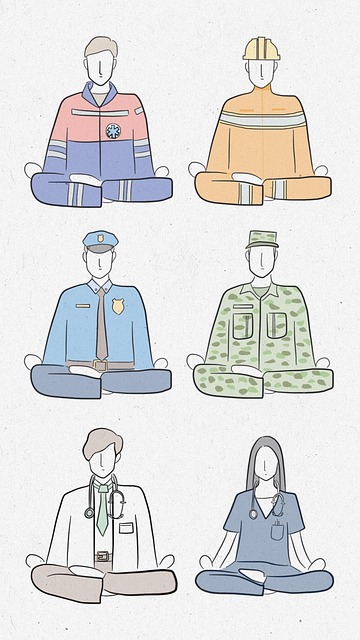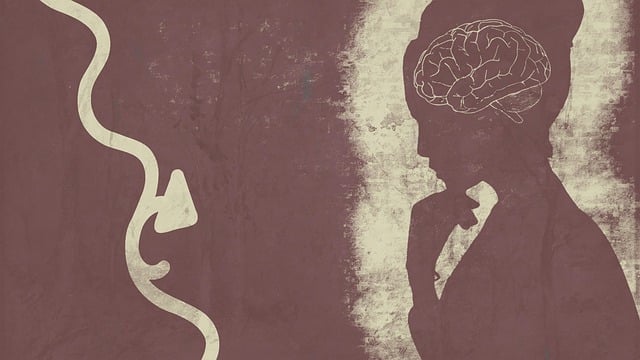Mental wellness journaling is a safe, effective tool for young adults in therapy, helping them understand and manage their emotions like anger through self-reflection and coping strategies. Regularly documenting thoughts and feelings enhances emotional intelligence, promotes personal growth, and builds resilience. Combined with anger management techniques, journaling significantly contributes to successful therapy for young adults, empowering them to navigate their emotions healthily and improve relationships.
“Unwind your mind and embark on a journey of self-discovery with Mental Wellness Journaling—a powerful tool tailored for young adults. This article guides you through the process, offering insights into how journaling can be a game-changer in managing mental health. We explore specific techniques, such as incorporating anger management strategies, to enhance emotional well-being.
By understanding the benefits and taking the next steps, you’ll equip yourself with valuable skills, ensuring a more balanced and resilient life—a true revolution in therapy for young adults.”
- Understanding Mental Wellness Journaling for Young Adults
- Incorporating Anger Management Techniques in Your Journal
- The Benefits and Next Steps for Effective Self-Care
Understanding Mental Wellness Journaling for Young Adults

Mental wellness journaling is a powerful tool for young adults to navigate their emotional landscapes and foster better mental health. It’s not just about writing; it’s a form of self-care and therapy, encouraging them to process thoughts, feelings, and experiences in a safe, private space. By jotting down their days, challenges, and triumphs, young adults can gain valuable insights into their emotions, identify triggers for anger or other negative reactions, and develop strategies for managing these intense feelings.
This practice plays a significant role in therapy for young adults, particularly when coupled with anger management techniques. It helps them build resilience by offering a chance to reflect on past encounters, understand their responses, and cultivate positive thinking patterns. Mental health education programs designed around journaling can empower young adults to take an active role in their mental wellness, fostering self-awareness, personal growth, and emotional intelligence.
Incorporating Anger Management Techniques in Your Journal

The Benefits and Next Steps for Effective Self-Care

Engaging in regular mental wellness journaling can significantly enhance self-care practices for young adults. It provides a safe space to explore emotions, thoughts, and experiences, fostering better communication strategies both internally and with others. By documenting feelings related to stress, anger, or other challenges, individuals can gain valuable insights into their emotional patterns, enabling them to develop more effective coping mechanisms. For instance, those struggling with anger management can use journaling to identify triggers and practice compassion cultivation practices, leading to improved emotional regulation.
The next steps for effective self-care involve integrating these journaling exercises into daily routines. Start by setting aside dedicated time each day or week to write about personal experiences and emotions. The Mental Wellness Journaling Exercise Guidance can be tailored to include prompts that encourage reflection on achievements, challenges, and areas for growth. Over time, consistent journaling can enhance mental clarity, build resilience, and promote overall well-being, making it an invaluable tool for young adults navigating therapy and personal development.
Mental wellness journaling offers young adults a powerful tool for self-discovery and healing. By incorporating techniques like anger management, individuals can enhance their emotional intelligence and overall well-being. The benefits are clear: improved coping skills, increased mindfulness, and a deeper understanding of oneself. For those seeking additional support, therapy for young adults can provide further guidance and strategies to navigate mental health challenges effectively. Through consistent practice, journaling becomes an integral part of self-care routines, fostering resilience and promoting a healthier, more balanced life.

